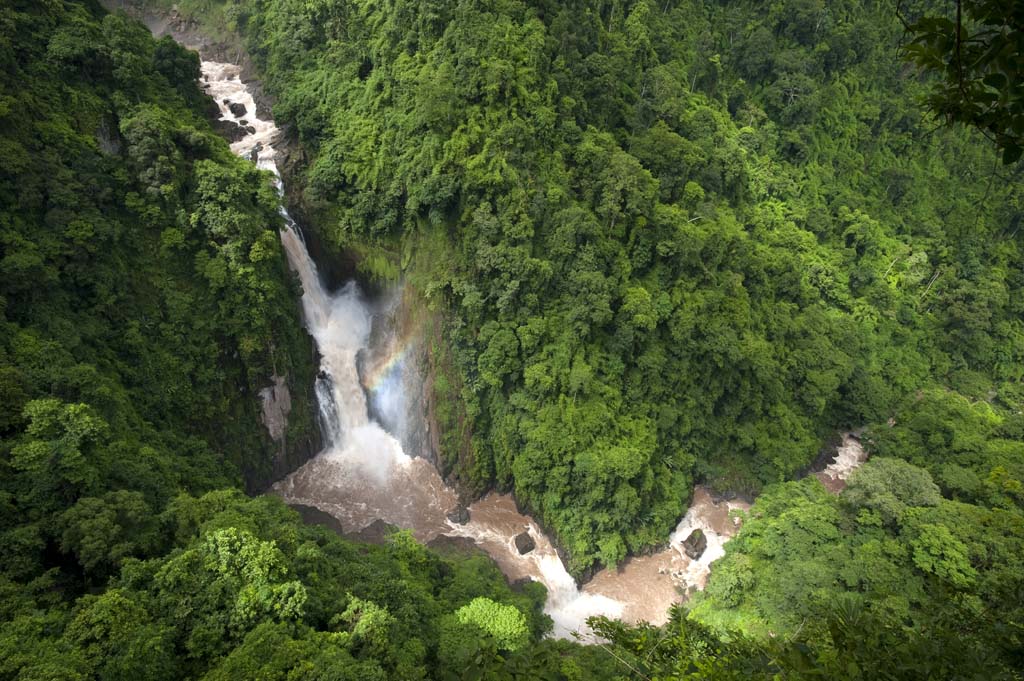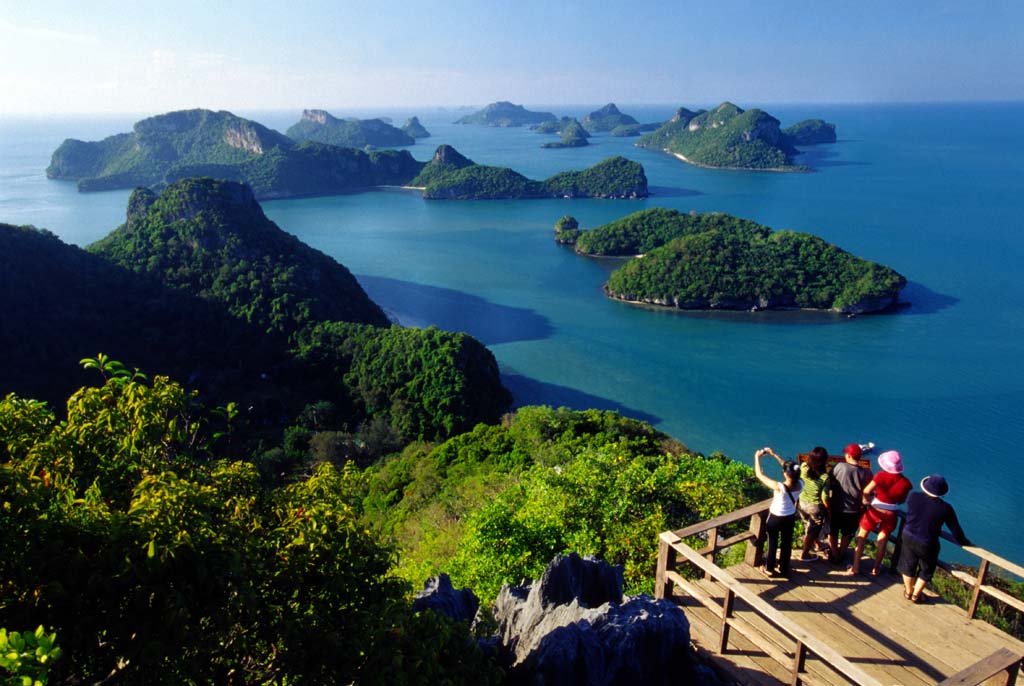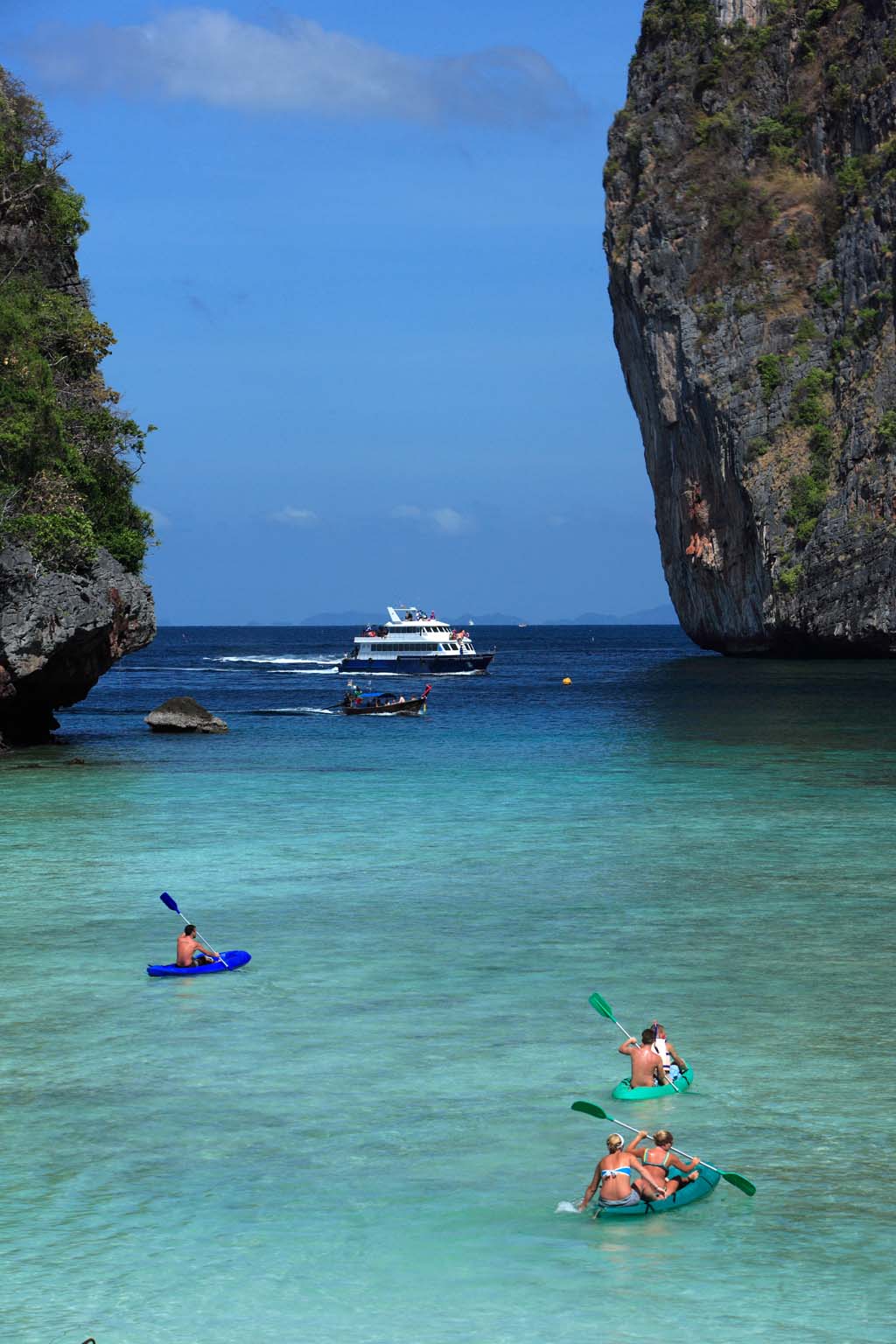Earlier this month in an interview with Australian travel writer Deborah Dickson-Smith, Mr Amnuay Thiamkeerakul, Executive Director ASEAN shared information about TAT’s efforts to promote ecotourism and sustainable practice, as part of its “Discover Thainess” campaign.
This month at Thailand Travel Mart 2015 Plus, it was announced that Thailand’s marketing campaign, “Discover Thainess” will focus on high-spending, long-staying niche markets, including categories such as health and wellness, weddings and honeymoons, culinary tourism and marine tourism.
One aspect of Thainess also revealed was a commitment to ecotourism and sustainable practice within the tourism industry. Mr Amnuay Thiamkeerakul, Executive Director ASEAN explained this strategy.
“We know that Australians love the Great Outdoors, so we will be looking for ways to promote Thailand’s Great Outdoors to the Australian market.
“Our pristine national parks, one of which, Khao Yai, is a UNESCO World Heritage Site, are already very popular with the domestic tourists, especially over long weekends and during the school holidays. We are actively promoting Thailand’s 12 hidden gems, 12 culturally unique and naturally splendid provinces around Thailand, many of which have national parks within or close to them, such as Khao Kho national park in Phetchabun province and Mu Ko Chang national park in Trat province.
“Our parks are teeming with exotic wildlife and lush vegetation This is something we believe many Australians would very much appreciate as part of their Thailand experience.”
There are 148 national parks in Thailand. To assist in their promotion, the Department of National Parks, Wildlife and Plant Conservation has developed a website that provides an information on accommodation, availability and online reservations to make it easier for tourists to plan their national park visits.
Mr Thiamkeerakul also revealed the government’s efforts to develop sustainable practice within the tourism industry. The Green Leaf Foundation is an accreditation system developed with help from the Thai Government to provide guidance and support for hotels, enabling them to operate more sustainably and helping to promote their good practice.
“There are many programs in place that government support on a national, regional and local level, such as those in place to educate farmers on sustainable and organic methods of production, encouraging hotel managers to source food locally from these producers, and putting them in touch with each other.”
“Ultimately tourism is good for the environment. When tourism comes to a region there is a bigger drive to sustainable practice.
More information:



